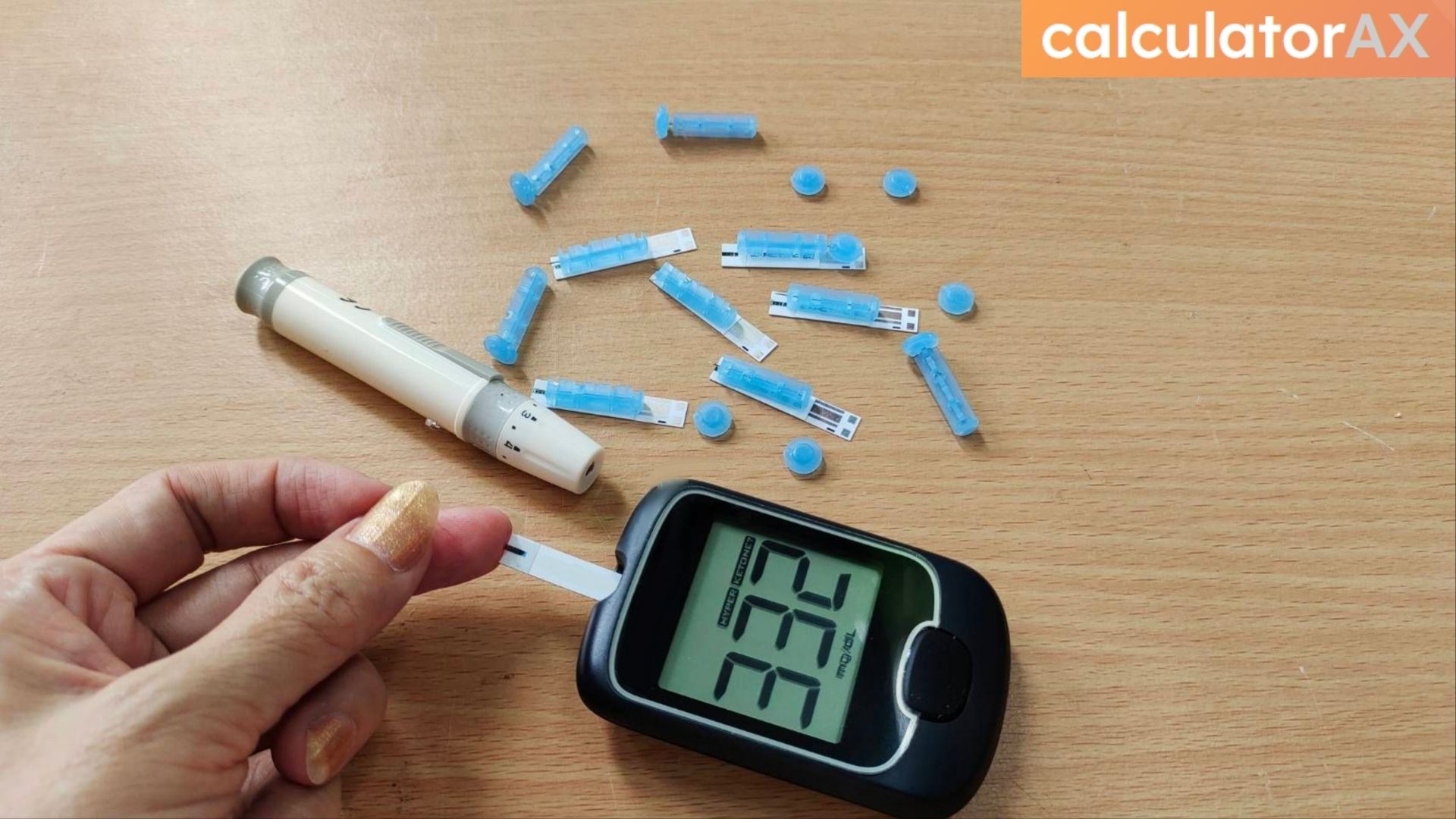Table of Contents
- Che Cos'è il Convertitore di Glicemia?
- Perché è Importante Monitorare la Glicemia?
- Quali Sono i Valori Normali della Glicemia?
- Sintomi dell'Iperglicemia
- Come Mantenere i Livelli di Glicemia Sotto Controllo?
- Come Utilizzare il Convertitore di Glicemia
- Domande Frequenti
Last updated: July 28, 2024.
Convertitore di Glicemia: Come Funziona e Perché è Utile

Oggi parleremo di uno strumento molto utile per chi deve tenere sotto controllo i livelli di zucchero nel sangue: il Convertitore di Glicemia. Questo strumento è fondamentale sia per i diabetici che per chiunque voglia monitorare la propria salute. Continuate a leggere per scoprire di più su come funziona e perché dovreste utilizzarlo.
Conoscere e gestire i propri livelli di glicemia è il primo passo verso una vita più sana e consapevole.
Che Cos'è il Convertitore di Glicemia?
Il Convertitore di Glicemia è un semplice strumento online che permette di convertire i valori della glicemia tra due unità di misura comuni: mg/dL (milligrammi per decilitro) e mmol/L (millimoli per litro).
Ad esempio:
- Per convertire da mg/dL a mmol/L, dividi il valore in mg/dL per 18.
- Per convertire da mmol/L a mg/dL, moltiplica il valore in mmol/L per 18.
Perché è Importante Monitorare la Glicemia?
Mantenere i livelli di glicemia sotto controllo è cruciale per prevenire complicazioni a lungo termine legate al diabete, come problemi cardiaci, neuropatie e danni renali. Anche chi non è diabetico può beneficiare di un controllo regolare della glicemia per prevenire condizioni come il prediabete.
Quali Sono i Valori Normali della Glicemia?
Ecco una guida rapida ai valori della glicemia:
- A digiuno: 70-100 mg/dL (3.9-5.5 mmol/L)
- Due ore dopo i pasti: meno di 140 mg/dL (7.8 mmol/L)
Sintomi dell'Iperglicemia
Se i livelli di glicemia sono troppo alti, potresti notare sintomi come:
- Sete eccessiva
- Minzione frequente
- Visione offuscata
- Stanchezza inspiegabile
Se riconosci questi sintomi, è importante consultare il tuo medico.
Come Mantenere i Livelli di Glicemia Sotto Controllo?
Ci sono diverse strategie per mantenere i livelli di zucchero nel sangue entro i limiti normali:
- Dieta equilibrata: Preferisci alimenti ricchi di fibre, come verdure e cereali integrali, e limita zuccheri raffinati e grassi saturi.
- Attività fisica regolare: Almeno 150 minuti di esercizio moderato a settimana.
- Monitoraggio regolare: Utilizza strumenti come il Convertitore di Glicemia per tenere traccia dei tuoi livelli.
Come Utilizzare il Convertitore di Glicemia
Il nostro Convertitore di Glicemia è molto semplice da usare. Segui questi passaggi:
- Inserisci il valore della glicemia: Puoi inserire il valore sia in mg/dL che in mmol/L.
- Ottieni il risultato: Il convertitore ti mostrerà immediatamente il valore convertito.
Domande Frequenti
1. Perché devo convertire i valori della glicemia?
A volte, i medici o le fonti di informazione medica utilizzano unità di misura diverse. Avere la possibilità di convertire rapidamente questi valori ti aiuta a comprendere meglio i tuoi risultati e a comunicare efficacemente con i professionisti della salute.
2. Quante volte dovrei controllare la mia glicemia?
Per i diabetici, è consigliabile controllare i livelli di zucchero nel sangue più volte al giorno, soprattutto prima e dopo i pasti. Per chi non è diabetico, un controllo periodico può comunque essere utile.
3. Il convertitore è preciso?
Sì, il convertitore utilizza la formula standard (1 mmol/L = 18 mg/dL) ed è molto affidabile per le conversioni rapide.
Questo strumento è stato sviluppato utilizzando dati e informazioni dalle seguenti fonti:
- Humanitas "Glicemia alta: quali sono i sintomi e cosa mangiare."
- Fondazione Veronesi "I valori della glicemia."
- Diabetes.co.uk - Convertitore di Glicemia